6 Red Flags Recruiters Look Out For In Candidates
Recruiters or hiring managers have red flags they look out for in job candidates. We know you want to leave the best first impression, so we’ve made a list of some of these things to avoid.
By addressing these, you give yourself a good chance at landing your dream job.
– Arriving late for a job interview: This can raise concerns as to a candidate’s ability to perform well as an employee. Although it’s possible that an unforeseen circumstance may show up, it’s best to avoid showing up later than the agreed time.
If it’s a physical interview, make sure to check time and venue as many times as possible. Arriving some minutes before the agreed time gives you enough room to settle down, catch your breath and get familiar with the environment.This can have a positive influence on your performance before the hiring manager.
For virtual interviews, it’s also important to check the time well. Do appropriate conversions if the recruiter is in a different time zone from you. It’s also important to check that your needed app is running effectively.
– Unexplained gaps in your employment history:
These gaps are a big red flag during the recruitment process. It leaves the hiring manager wondering
-what you’ve been up to in that space of time,
-if you can perform effectively
-whether you got laid off many times
If these gaps were nothing you could avoid, be sure to handle the situation as carefully as you can.
Be as honest as you can about these gaps as there’s a likelihood you’ll get caught in a lie. If you had to stay off your job due to a change in location, brief illness, marriage or any reason at all, be as open as you can about this. Stating your reasons clearly saves you a lot of stress and questioning from the recruiter.
– Getting defensive when asked questions:
During the interview process, you’re most likely going to be asked questions you can’t answer. Good candidates will say they don’t know.
Poor candidates will either find an excuse or give incoherent answers in a bid to just say anything.
If a candidate tries to defend their ignorance instead of saying they don’t know, the hiring manager sees this as a red flag. The hiring manager in that instance sees you as one who wouldn’t be open to learning and criticism as an employee. The better candidate, in this case, is the one who says “I don’t know.” There’s no harm in having no answers, as it can happen to anyone.
– Lack of interest:
A hiring manager can tell if a candidate isn’t very interested in the role. They look out for
- how you respond to questions
- slacked or over relaxed posture, or standoffish body language.
- if you’re eager to get to the end of the interview
- if your attention is divided or not
- your tone
To show that you are interested, and paying attention:
- Ask reasonable questions,
- Maintain appropriate eye contact, and nod to questions.’Appropriate’ because you want to show you’re trying to connect with them, and not make the other person feel uncomfortable.
- Take notes during the interview
- Link your answers with the questions asked.
– Showing up unprepared:
Hiring managers tend to be more concerned when a candidate shows up to an interview and it’s obvious they are unprepared. Hiring managers ask questions about the role and their company because they expect you to have made your findings. Giving no answers at all is a red flag. And in most cases, it shows that you didn’t value the opportunity enough to research the company.
Being prepared means that you should be on time, research the company and the role, and come prepared with insightful questions.
– Inability to explain your previous work/present role:
Lastly, recruiters want to see that a candidate can explain in detail, what they did in a previous job or currently do. They want you to link the role with your application. When you fail to do this, you leave an impression that you don’t pay attention at work, or aren’t engaged enough to see how it applies to their company.
When appearing at an interview, you definitely want to put your best foot forward. These red flags are what hiring managers often look out for. You do not want to ruin your chances of getting the job.


